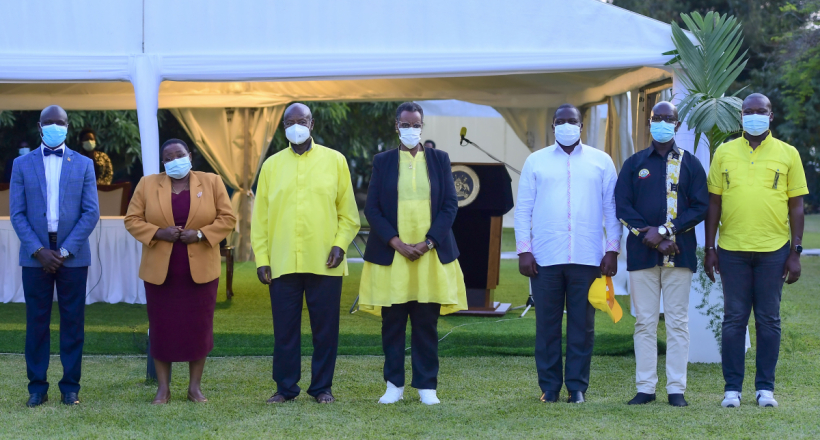
Museveni Defends Rationalisation: Our Civil Servants Can Deliver with Support
President Yoweri Museveni has reaffirmed his commitment to rationalising Uganda's government agencies, arguing that ministries, once fully supported, are capable of executing government work efficiently. Addressing the National Resistance Movement (NRM) parliamentary caucus on 6th September 2024 at State House, Entebbe, the President addressed concerns about the perceived inactivity of civil servants.
“You people say the civil servants are not active. I know them myself. But when we face challenges like the army worm or locusts, who fights them? It’s the same ‘sleepy people.’ When you wake them up, they can deliver,” he remarked.
The discussions at the caucus revolved around the merger of agencies such as the Uganda Coffee Development Authority (UCDA), Dairy Development Authority (DDA), and the National Information Technology Authority (NITA-U), which Museveni said is necessary to streamline government operations and eliminate redundancies.
The government is pushing forward the Rationalisation of Government Agencies and Public Expenditure (RAPEX) Bills, aimed at merging several agencies back into their parent ministries to optimise resource allocation. The resolution, endorsed by the caucus, includes a three-year transition for UCDA and NITA-U.
Museveni stressed that merging agencies back into ministries is not about reducing functionality but about making government operations more efficient. He dismissed claims that ministries lack the capacity for this undertaking, citing the effectiveness of the Uganda People's Defence Forces (UPDF) as a permanent and pensionable entity. “The army moves on orders because of standing orders. Let’s change the laws governing civil servants to make them more effective,” Museveni added.
Coffee Sector and National Development
The President also focused on Uganda's coffee sector, sharing his experience in transforming the industry. He recalled that the NRM rejected the notion that coffee, maize, and other crops were merely food staples. “Our strategy was to look at the global market. We now export 9 million bags of coffee and expect to hit 12 million by December 2024,” he stated.
Museveni emphasised the importance of strengthening research institutions like Kawanda, Namulonge, and Serere, noting that countries like Kenya struggle with coffee production due to a lack of research institutions rather than an absence of authorities like UCDA.
Supporting Farmers and Technological Integration
Minister of State for Animal Industry, Lt. Col. (Rtd) Bright Rwamirama, outlined the government’s plan to adopt international models from the US, Germany, and the UK to create a unified Food and Agriculture Authority. This body will absorb functions from UCDA and DDA while ensuring farmers remain empowered to access quality inputs, including coffee seedlings.
The caucus also discussed the importance of digital connectivity in rural areas, with Minister for National Guidance Godfrey Kabyanga Baluku announcing a $200 million Uganda Digital Access Project (UDAP) funded by the World Bank to expand internet access to all parishes by 2026.
The rationalisation strategy received widespread support from MPs, many of whom echoed the sentiment that streamlining government operations is long overdue.
This latest development underscores Museveni’s longstanding goal of cutting down government bureaucracy while reinforcing Uganda’s push toward economic growth and self-sustainability.
Links
- 43 views

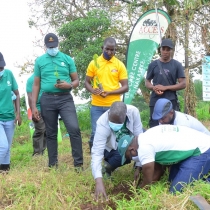




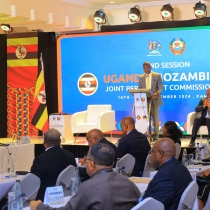
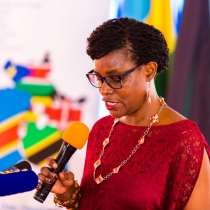


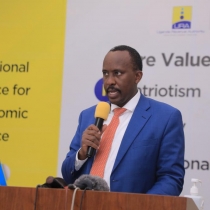
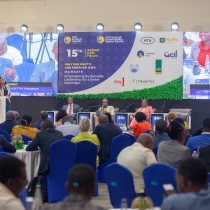

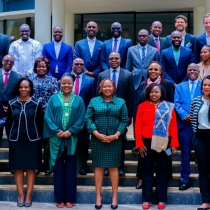


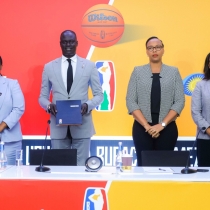






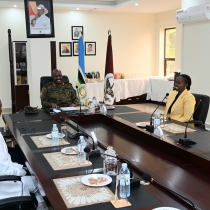




















Join the conversation